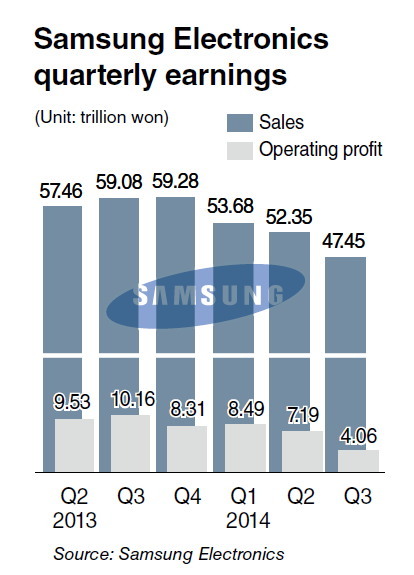ZURICH (AP) ― Football delegates from France and South Korea have handed over their bid documents to FIFA for the 2019 women’s World Cup.
France and South Korea are also bidding for the 2018 under-20 women’s World Cup, with FIFA’s executive committee to decide on one winner for both competitions in March.
FIFA’s Sepp Blatter says, “I’m a very happy president to see these two big football nations competing for these two women’s competitions.”
Blatter noted how both nations recently hosted the men’s World Cup ― France in 1998 and South Korea in 2002 with Japan.
Blatter says “it’s really great to see now their interest shifting toward women’s competition. ... I’m really confident that either will be fantastic organizers.”
Next year’s women’s World Cup will be held in Canada.
France and South Korea are also bidding for the 2018 under-20 women’s World Cup, with FIFA’s executive committee to decide on one winner for both competitions in March.
FIFA’s Sepp Blatter says, “I’m a very happy president to see these two big football nations competing for these two women’s competitions.”
Blatter noted how both nations recently hosted the men’s World Cup ― France in 1998 and South Korea in 2002 with Japan.
Blatter says “it’s really great to see now their interest shifting toward women’s competition. ... I’m really confident that either will be fantastic organizers.”
Next year’s women’s World Cup will be held in Canada.





